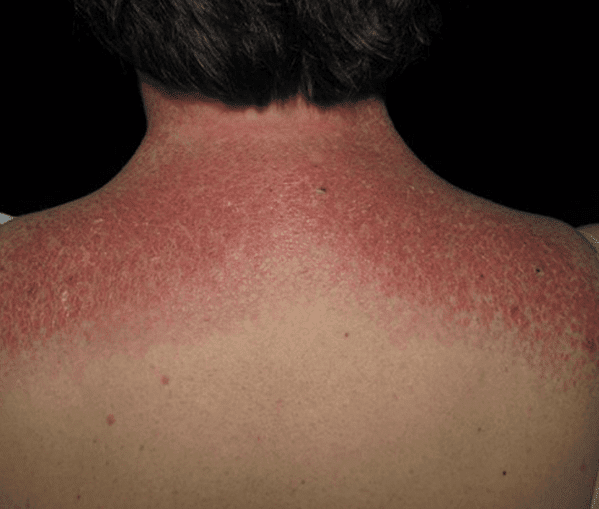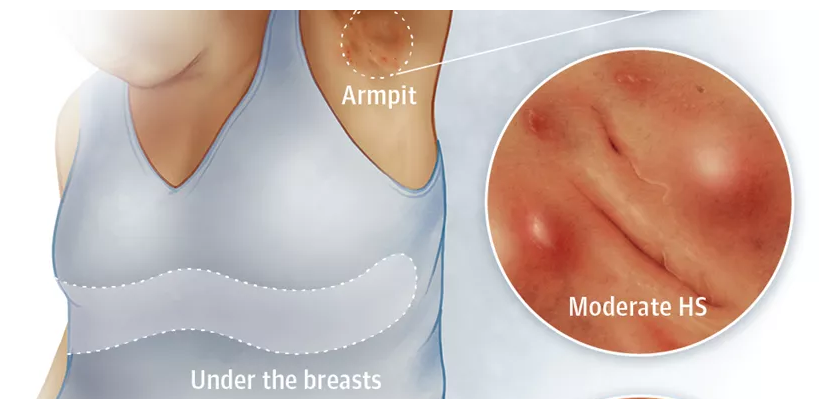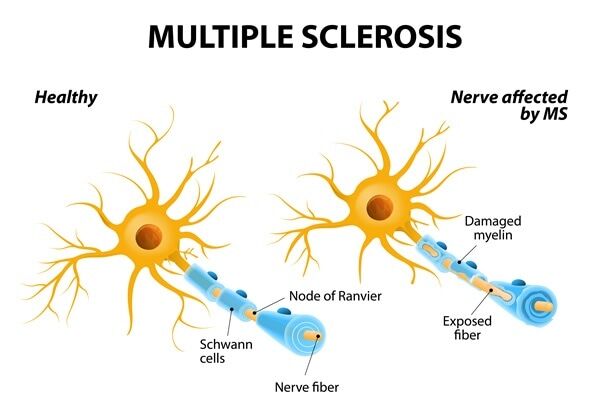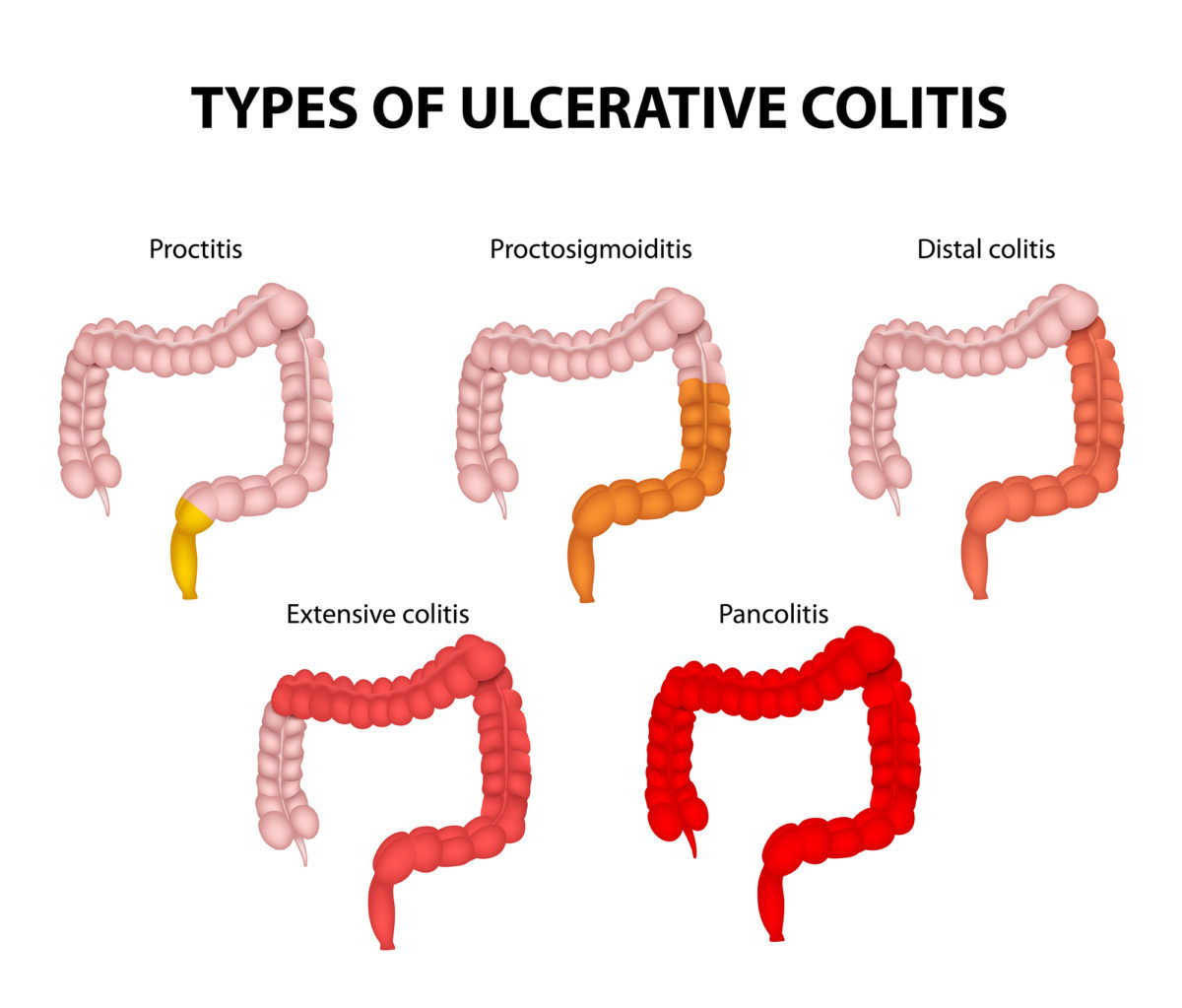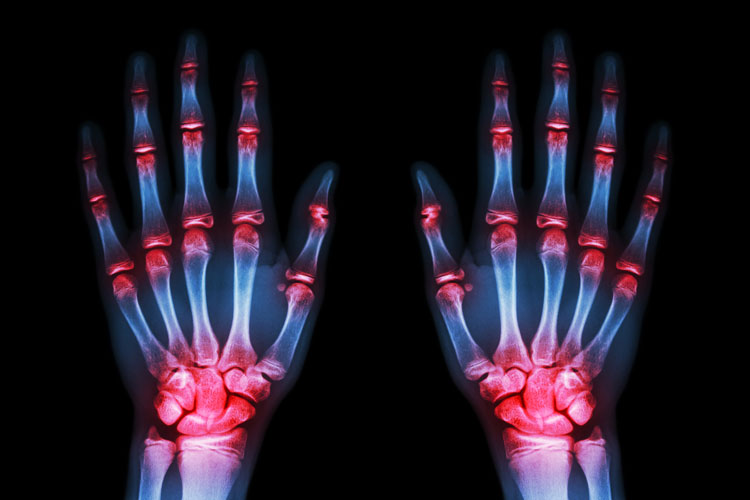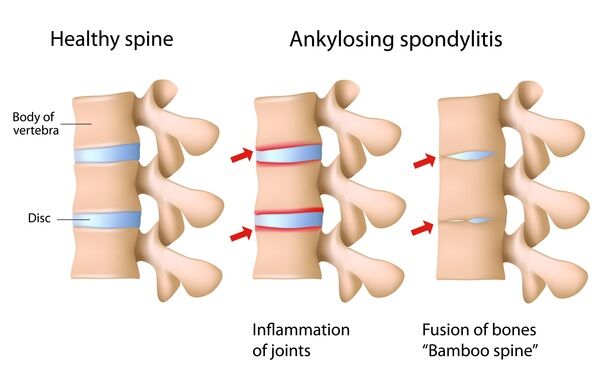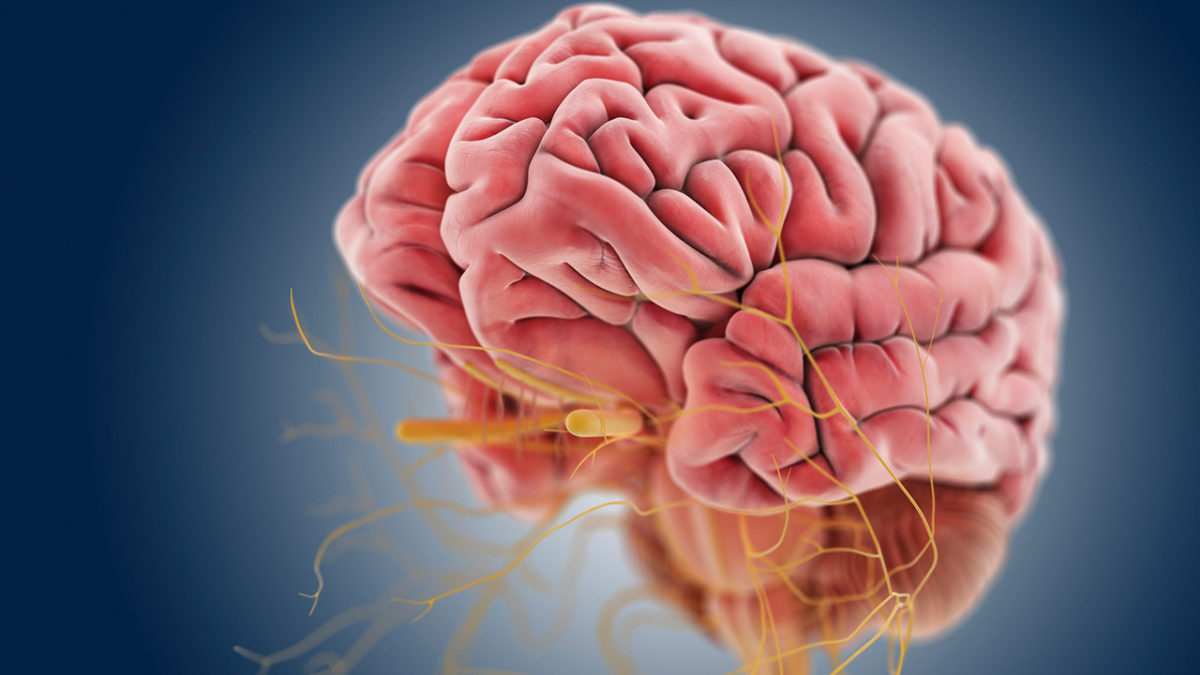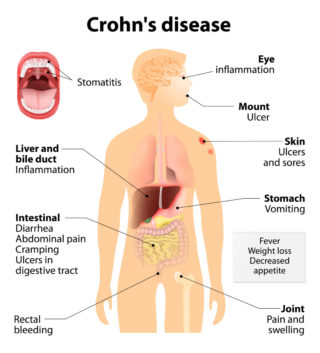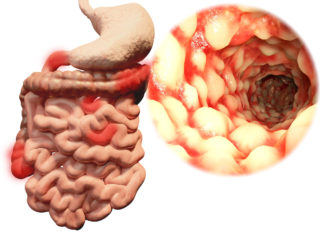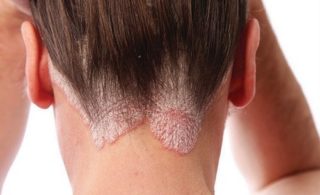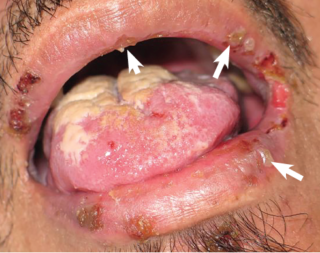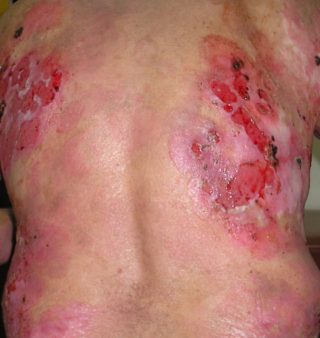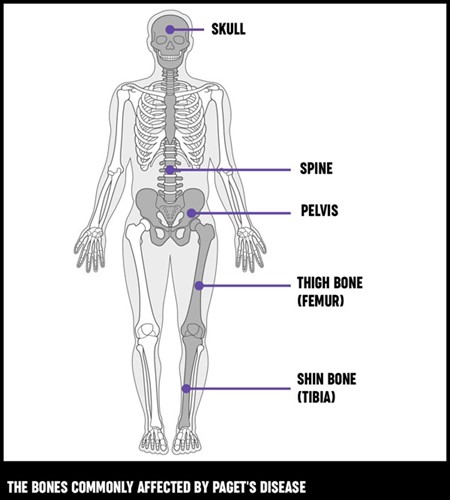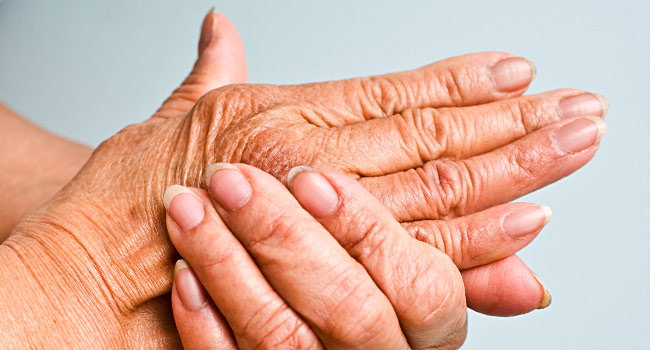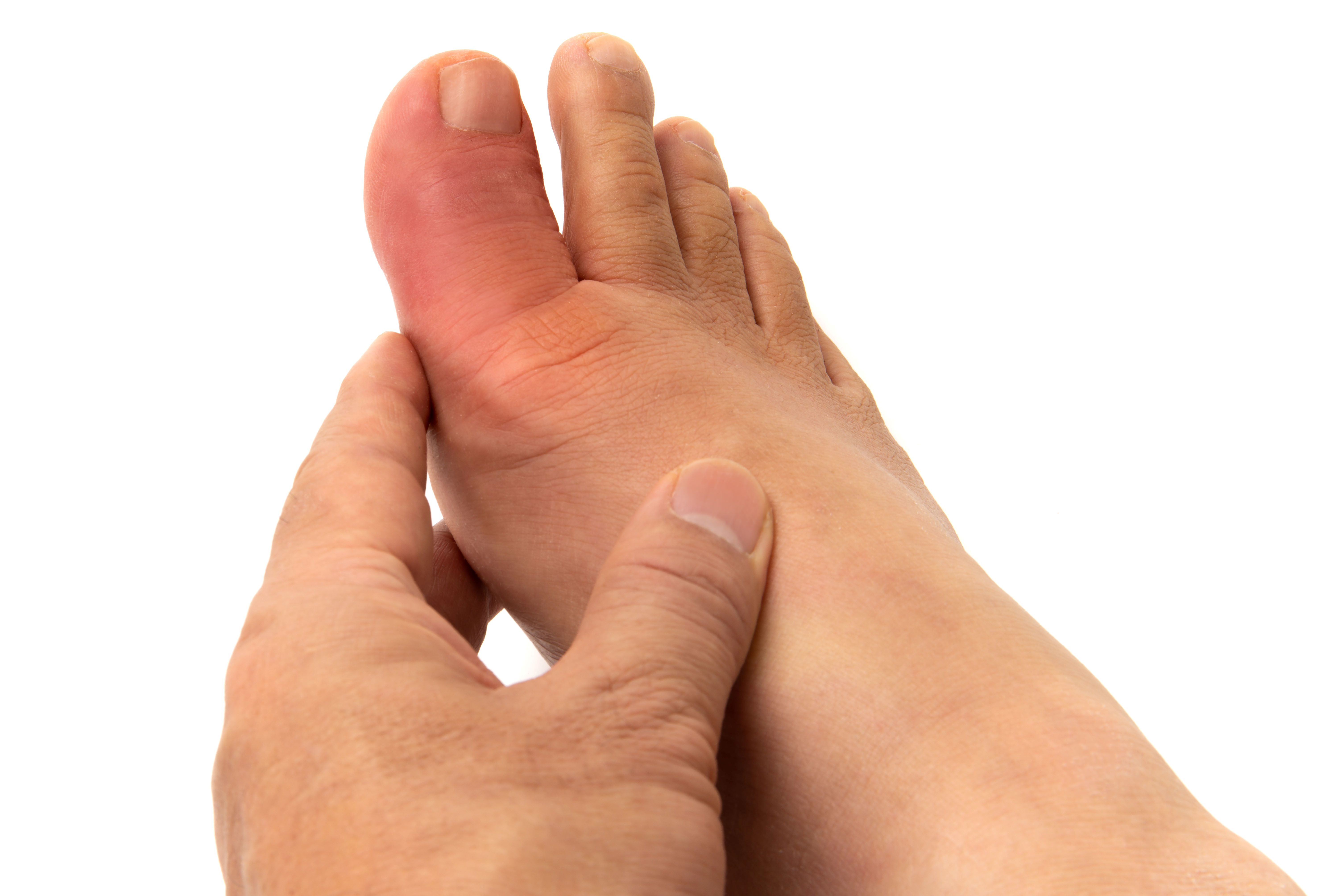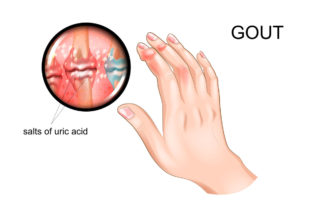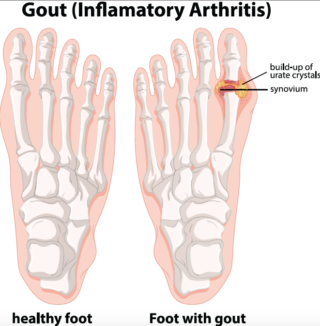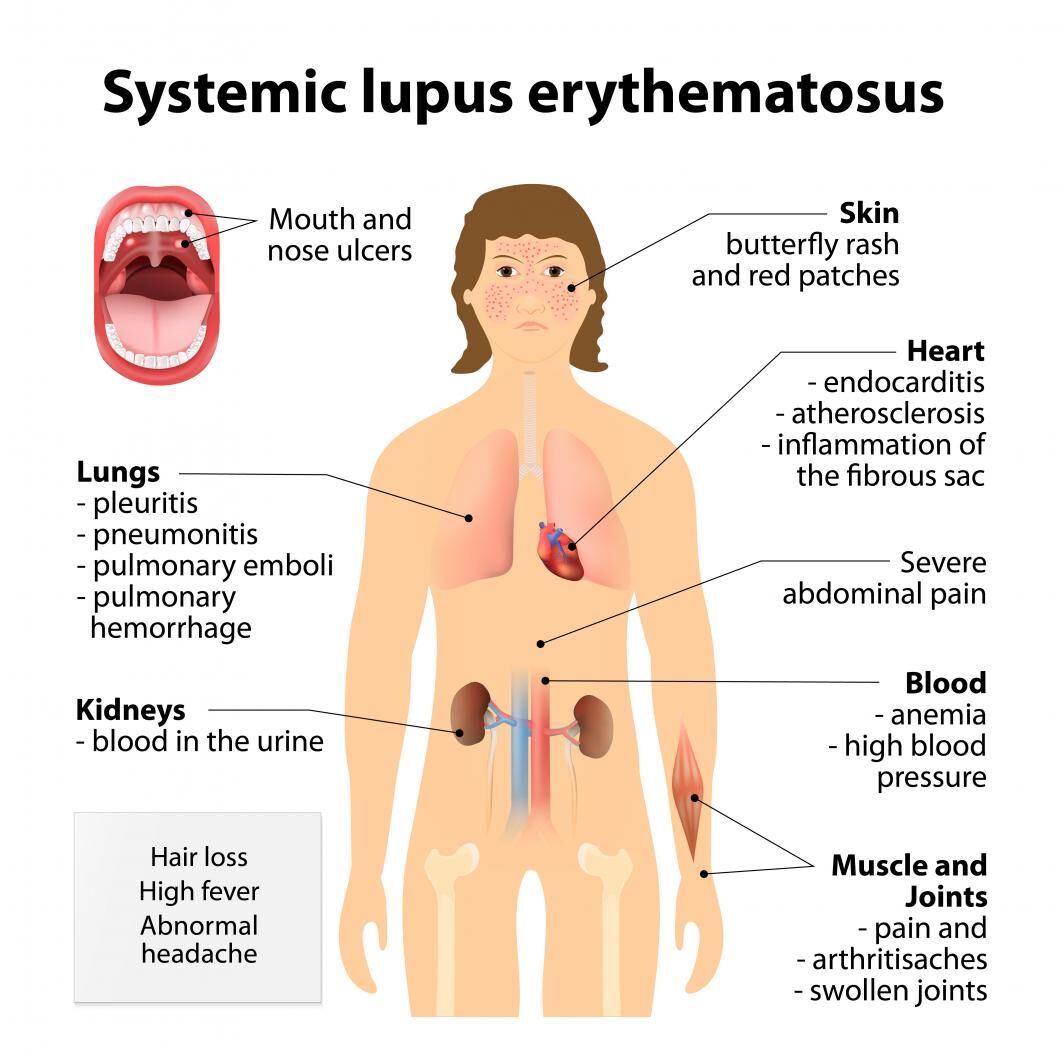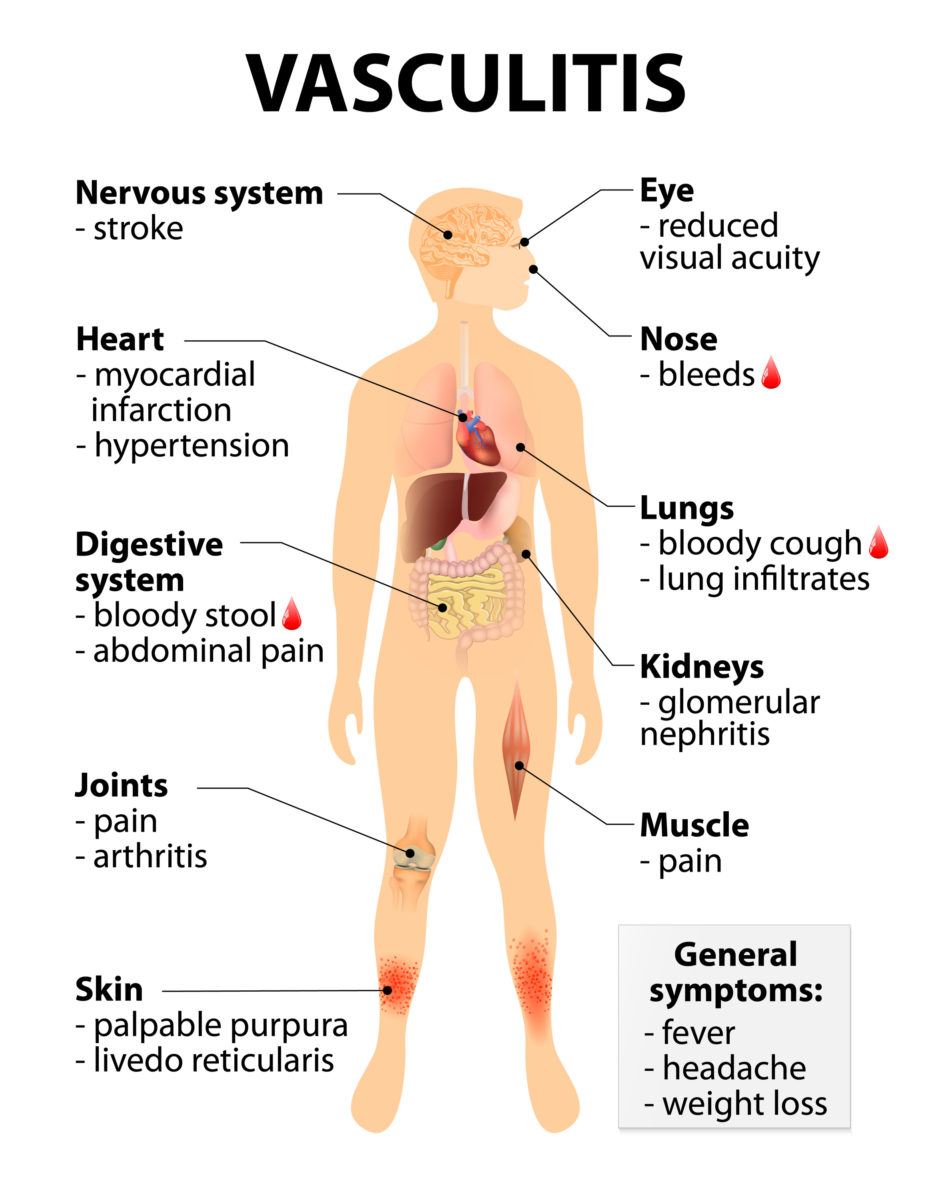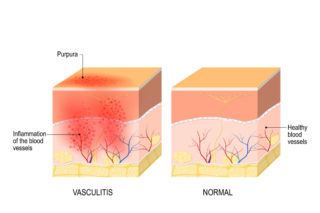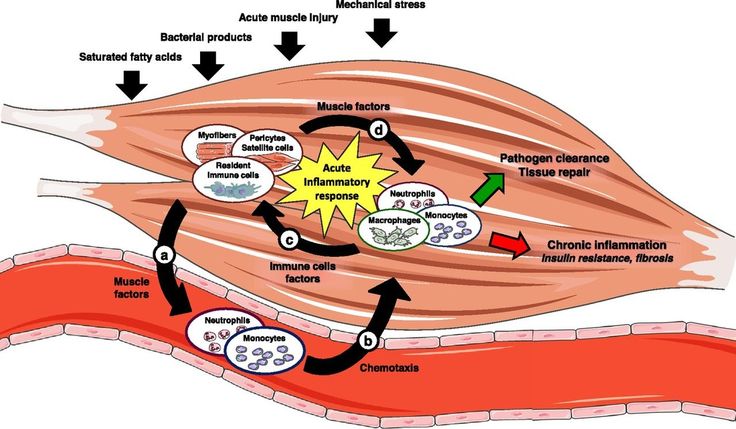GUILLAIN-BARRÉ SYNDROME CHRONIC INFLAMMATORY DEMYELINATING POLYNEUROPATHY
Guillain-Barré Syndrome [gee-YAH-buh-RAY] is a rare neurological disorder in which the body’s immune system mistakenly attacks part of its peripheral nervous system—the network of nerves located outside of the brain and spinal cord.
Weakness and tingling in extremities are the typical first symptoms. These sensations can quickly spread, eventually paralyzing the whole body. In its most severe form, Guillain-Barre Syndrome is a medical emergency. Most people with the condition must be hospitalized to receive treatment. Fortunately, most people eventually recover from even the most severe cases of Guillain-Barré Syndrome (GBS).
Once thought to be a single disorder, Guillain-Barre Syndrome is now known to occur in several forms. The main types are:
- Acute inflammatory demyelinating polyradiculoneuropathy (AIDP), the most common form in the U.S. The most common sign of AIDP is muscle weakness that starts in the lower part of your body and spreads upward.
- Miller Fisher Syndrome (MFS), in which paralysis starts in the eyes. MFS is also associated with an unsteady gait. MFS occurs in about 5 percent of people with Guillain-Barre Syndrome in the U.S. but is more common in Asia.
For more information visit the GBS | CIDP Foundation International is a global nonprofit organization supporting individuals and their families affected by Guillain-Barre’ Syndrome (GBS), chronic inflammatory demyelinating polyneuropathy (CIDP), and related conditions through a commitment to support, education, research and advocacy.
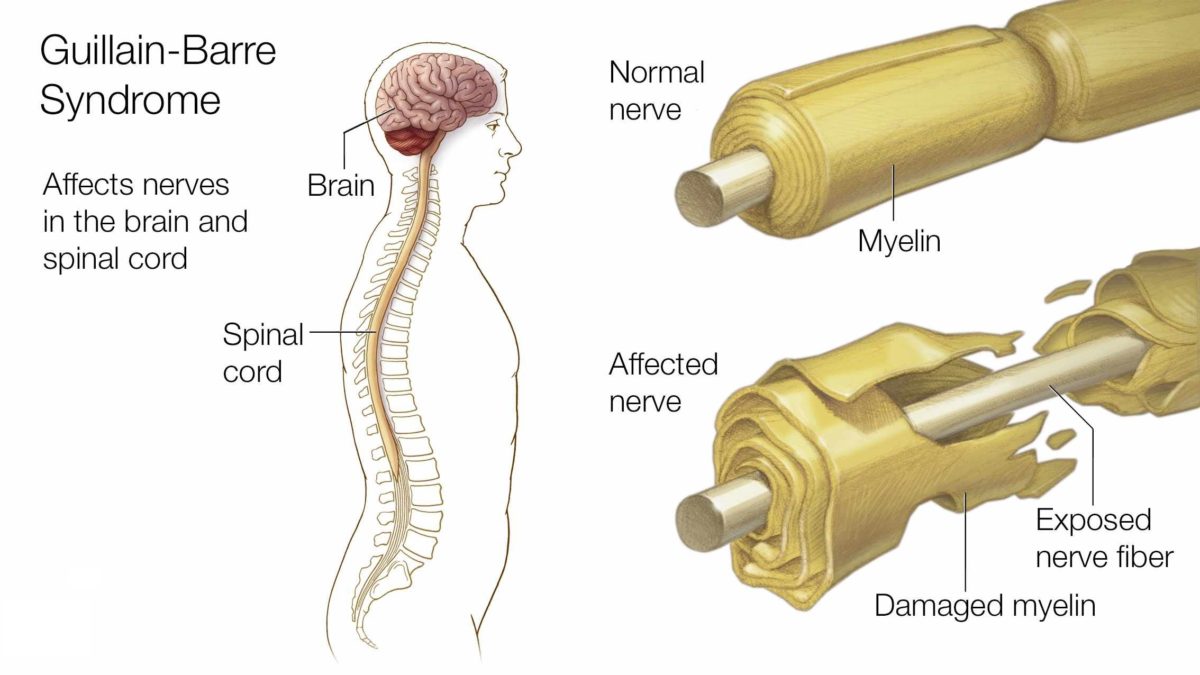
Symptoms of Guillain-Barré Syndrome:
Guillain-Barre Syndrome often begins with tingling and weakness starting in your feet and legs and spreading to your upper body and arms. In nearly half of those with GBS symptoms begin in the arms or face.
Additional Guillain-Barre Syndrome symptoms may include:
- Prickling, pins and needles sensations in your fingers, toes, ankles or wrists
- Weakness in your legs that spreads to your upper body
- Unsteady walking
- Difficulty with eye or facial movements, including speaking, chewing or swallowing
- Severe pain that may feel achy or cramp like
- Difficulty with bladder control or bowel function
- Rapid heart rate
- Low or high blood pressure
- Difficulty breathing
Diagnosis of Guillain-Barré Syndrome:
The exact cause of Guillain-Barre Syndrome is unknown. It is often preceded by an infectious illness such as a respiratory infection or the stomach flu. Guillain-Barre Syndrome can be difficult to diagnose in its earliest stages. Its signs and symptoms are similar to those of other neurological disorders and may vary from person to person.
In addition to reviewing medical history and completing a thorough physical examination. Your doctor may order the following tests:
- Spinal tap (lumbar puncture)
- Electromyography to measure nerve activity
- Nerve conduction studies to measure the speed of nerve signals
Treatment of Guillain-Barré Syndrome:
- There’s no known cure for Guillain-Barre Syndrome, but several treatments can ease symptoms and reduce the duration of the illness. Most people recover from Guillain-Barre Syndrome, though some may experience lingering effects. AZIV Infusion provides the following biologic injections and infusions in a convenient and comfortable setting for patients seeking treatment for Guillain-Barré Syndrome:
- Immunoglobulin Infusion Therapy IVIG


